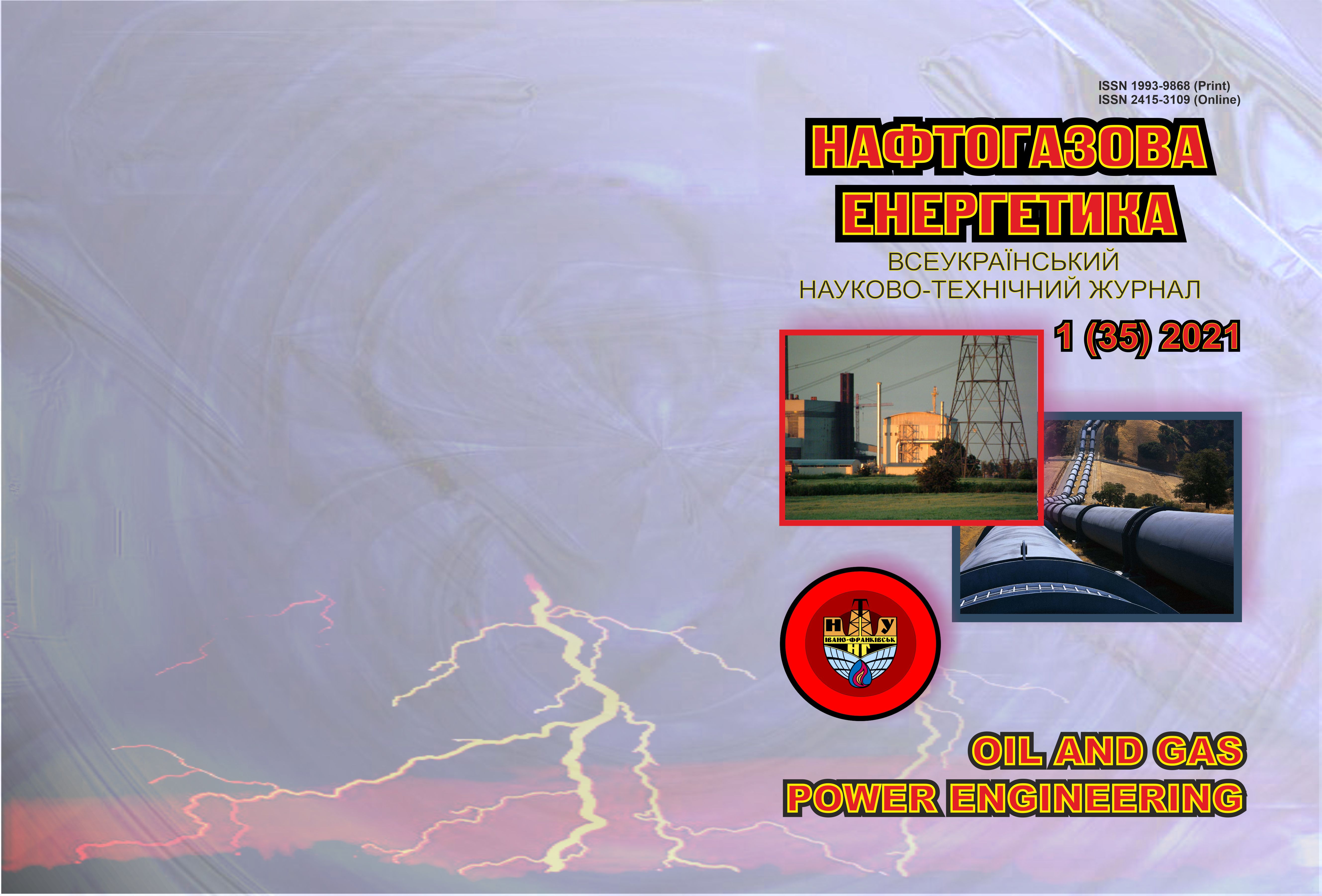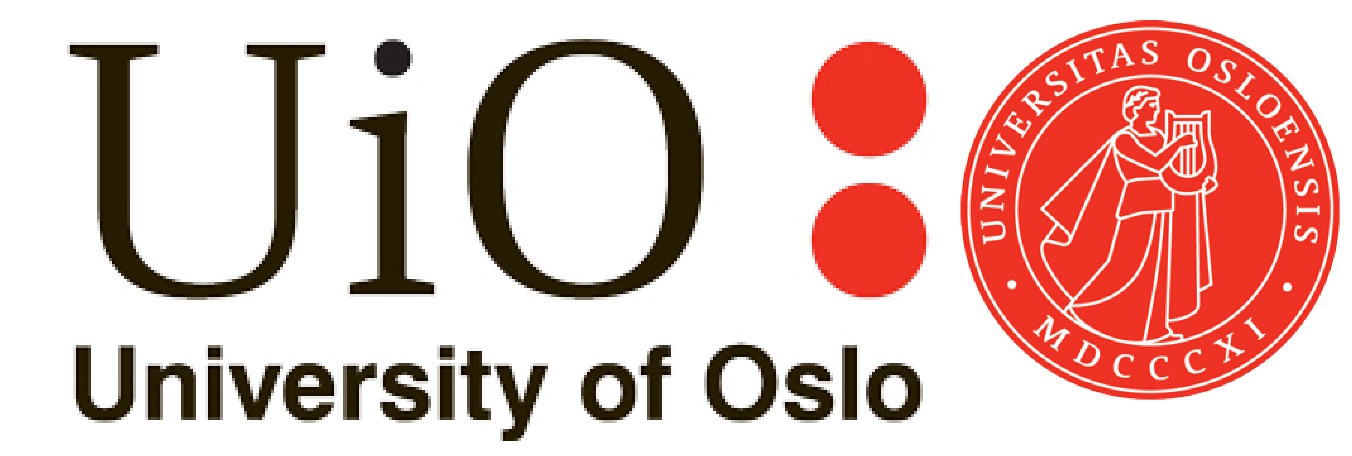Investigation of the influence of spraying angle on engine performance indicators in the process of biodiesel fuel use
DOI:
https://doi.org/10.31471/1993-9868-2021-1(35)-60-66Keywords:
engine, alternative fuels, biodiesel, economy, spraying, angle, heat dissipation, consumption, power, torque.Abstract
The use of alternative fuels in internal combustion engines poses a number of difficulties associated with the adaptation of the engine and its systems. However, the prospect of using alternative fuels has significant economic and environmental feasibility, and therefore is extremely important. Therefore, the issue of studying the main performance indicators of engines in the process of using biodiesel fuel RME B20 is relevant. From the analysis of literary sources, it was found that diesel engines are promising for the use of biodiesel fuel. The efficiency of these engines largely depends on the main parameters of mixture formation, which have not been sufficiently investigated for RME B20 fuel. In the process of using B20 biodiesel fuel on a Renault 2.5 DCI engine with a decrease in the fuel spray angle to 60o, it was established: a decrease in engine torque by 12.5%; drop in effective power to 15.7%; reduction of the effective pressure in the engine cylinders up to 24.8%; increase in specific effective fuel consumption up to 15%. This is due to the fact that with a decrease in the fuel atomization angle, the contact area of the fuel drops and air in the engine cylinders decreases. And this, in turn, worsens the mixture formation process and leads to incomplete combustion of the fuel-air mixture. With an increase in the spray angle of the fuel to 750, the efficiency of using B20 biodiesel fuel on the Renault 2.5 DCI engine increases. Therefore, according to the results of studies of the operation of the Renault 2.5 DCI engine on commercial and biodiesel fuel RME B20, it was found that the use of biodiesel fuel leads to a deterioration in mixture formation due to which heat generation decreases, as a result, fuel consumption increases, and engine power, and torque decrease. To improve these indicators, it is necessary to change the mixture formation process by increasing the fuel atomization angle to 750.
Downloads
References
Lievtierov A. M., Savytskyi V. D. Pidvyshchennia efektyvnoi potuzhnosti dyzelia, shcho pratsiuie na sumishevomu biodyzelnomu palyvi. Avtomobilnyi transport. 2014. Vol. 34. P. 32–38. [in Ukrainian]
Lievtierov A. M., Savytskyi V. D. Pokrashchennia ekolohichnykh kharakterystyk dyzelia, shcho pratsiuie na biodyzelnykh palyvnykh kompozytsiiakh. Avtomobilnyi transport. 2015. Vol. 36. P. 110–117. [in Ukrainian]
Lievtierov A. M., Avramenko A. N., Savytskyi V. D. Pokrashchennia ekolohichnykh kharakterystyk dyzelia, shcho pratsiuie na biodyzelnykh palyvnykh kompozytsiiakh. Avtomobilnyi transport. 2016. Vol. 38. P. 75–82. [in Ukrainian]
Melnyk V.M. Efektyvnist vykorystannia alternatyvnoho palyva z vidnovliuvalnykh dzherel na dyzelnykh dvyhunakh. Ekolohichna bezpeka ta zbalansovane resursokorystuvannia. 2018. No 1 (17). P. 91-99. [in Ukrainian]
Lievtierov A. M., Savytskyi V. D., Hladkova N. Yu. Rozrobka metodiv adaptatsii dyzeliv do bionaftovykh palyvnykh kompozytsii. Problemy mashynobuduvannia. 2017. Vol. 20, No 3. P. 54–63. [in Ukrainian]
Poliakov A. P., Halushchak O. O., Poliakov P. A., Koroliuk D. L. Pokrashchennia pokaznykiv dyzelia zminoiu proportsii dyzelnoho ta biodyzelnoho palyv v palyvnii sumishi. Zbirnyk naukovykh prats Kharkivskoho universytetu Povitrianykh Syl. 2013. No 3(36). P. 167–169. [in Ukrainian]
Poliakov A. P., Nhaiakhy Abbe K. V., Halushchak O. O., Byshko M. O., Zaverukha Yu. V. Doslidzhennia vplyvu na tekhniko-ekonomichni ta ekolohichni pokaznyky dyzelia perevedennia yoho na robotu na biodyzelne palyvo. Visnyk Donetskoi akademii avtomobilnoho transportu. 2012. No 1. P. 61-69. [in Ukrainian]
Tretiak V. M., Bolbut V. S., Hanzhenko O. M., Mazurenko A. M. Efektyvnist vykorystannia palnoho roslynnoho pokhodzhennia dlia zhyvlennia dvyhuniv vnutrishnoho zghoriannia silskohospodarskykh mashyn. Naukovi pratsi instytutu bioenerhetychnykh kultur i tsukrovykh buriakiv. 2013. Vol. 19. P. 163–167. [in Ukrainian]
Yakovlieva A. V., Boichenko S. V., Hudz A. V., Zubenko S. O. Fizyko-khimichni vlastyvosti biodyzelnykh palyv na osnovi etylovykh esteriv ryzhiievoi olii. Kataliz ta naftokhimiia. 2020. No 29. P. 24–30. [in Ukrainian]
Zubenko S. O., Patryliak L. K., Konovalov S. V. Porivniannia fizyko-khimichnykh ta ekspluatatsiinykh vlastyvostei biodyzelnoho palyva na osnovi metanolu ta tiospyrtiv. Katalyz y neftekhymyia. 2018. No 27. P. 1–18. [in Ukrainian]
Cherian G. Camelina sativa in poultry diets: opportunities and challenges. Biofuel co-products as livestock feed. Opportunities and challenges, at Ed. Harinder P.S.M., 2012. Ch.17. P. 303–310.
Downloads
Published
How to Cite
Issue
Section
License
Copyright (c) 2021 Oil and Gas Power Engineering

This work is licensed under a Creative Commons Attribution-ShareAlike 4.0 International License.


.png)






1.png)









